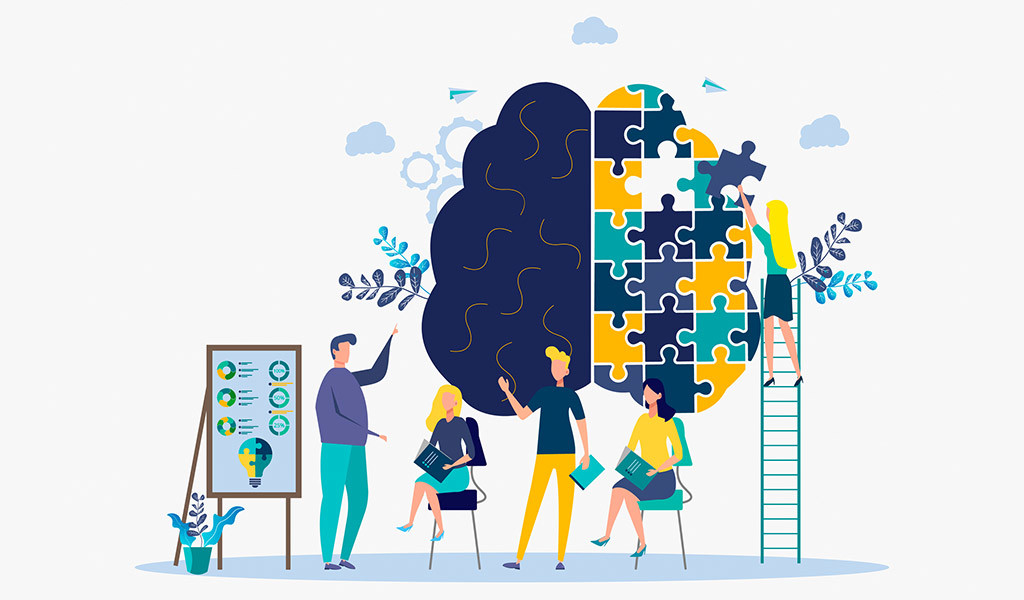Psychology Behind Gambling: YOU NEED TO KNOW

Whether positive or negative, most people are still unaware of the science behind gambling.
Although many people believe gambling is based solely on the luck of the draw, casinos and similar establishments are extremely calculated in the way they operate.
Most people have probably heard the phrase ‘the house always wins’, referring to the fact that the odds are always in favor of the casino or similar establishment.
Despite knowing this, the industry uses several different psychology-based tactics to convince people that gambling is a low-risk/high reward activity.
Although these methods vary slightly depending on the establishment, one of the most common tactics is to highlight the profiles of those who win the casino jackpot.
Doing this personalizes the experience to other players and convinces them there is a higher probability of winning the jackpot themselves than is actually the case.
Another common psychological practice used to reinforce gambling behaviors is to reward introductory players with small wins.
It took a long time for gambling to be seen as anything other than a hobby, both by the general public and by psychology professionals themselves.
In fact, throughout the history of gambling, overspending was simply seen as living beyond your means or being stupid and oblivious to your other commitments.
The perception only really started to change in the 1980s, during preparations to publish the fourth edition of the Diagnostic and Statistical Manual of Mental Disorders (DSM).
For this edition, after much discussion, the American Psychiatric Association (APA) officially classed pathological gambling as an impulse-control disorder.
This meant that pathological gambling, at least medically, was changed from a harmless hobby to an illness considered similar to other disorders, like kleptomania, pyromania, and trichotillomania.
Essentially, this meant that psychologists believed gambling behaviors were performed in an attempt to relieve feelings of anxiety.
Psychologists believe it’s human nature to want to take risks, something which is extremely present in the reasoning behind why people gamble.
The main reason for this is because taking risks elicits a positive emotion as players wait in anticipation to discover whether they have won.
As a result of this anticipation, prolonged playing will increase the adrenaline circulating around someone’s body, which creates a buzz that some refer to as a dangerous drug in and of itself.
The adrenaline rush will begin to wear off if people don’t see monetary rewards, leading people to take bigger risks in an attempt to again feel the same effect.
It is this dangerous cycle that leaves people prone to developing addictions.
Another common reason people turn to gambling is because it has become socially acceptable in society.
Most people first learn to gamble when their parents teach them to play card games at a young age.
As a result, most people already see gambling as quite a normalized practice, making them less likely to avoid it in future social situations.
By nature, gambling is an extremely popular social event anyway, with different games aimed towards different generations.
Like many addictions, becoming addicted to gambling isn’t something that happens overnight. This makes detecting the signs of an addiction increasingly difficult.
However, there are some common changes in behavior that signify someone may be developing a gambling addiction.
Responsible Gambling
Educate yourself about problem gambling!
The aim is to enable people to make informed decisions about their participation in gambling and, if harm has occurred, to provide access to gambling help services.
Gambling should be a part of your social life without dominating it. Responsible gambling is about making it a positive and enjoyable experience.
Gambling is not the answer to any problem




